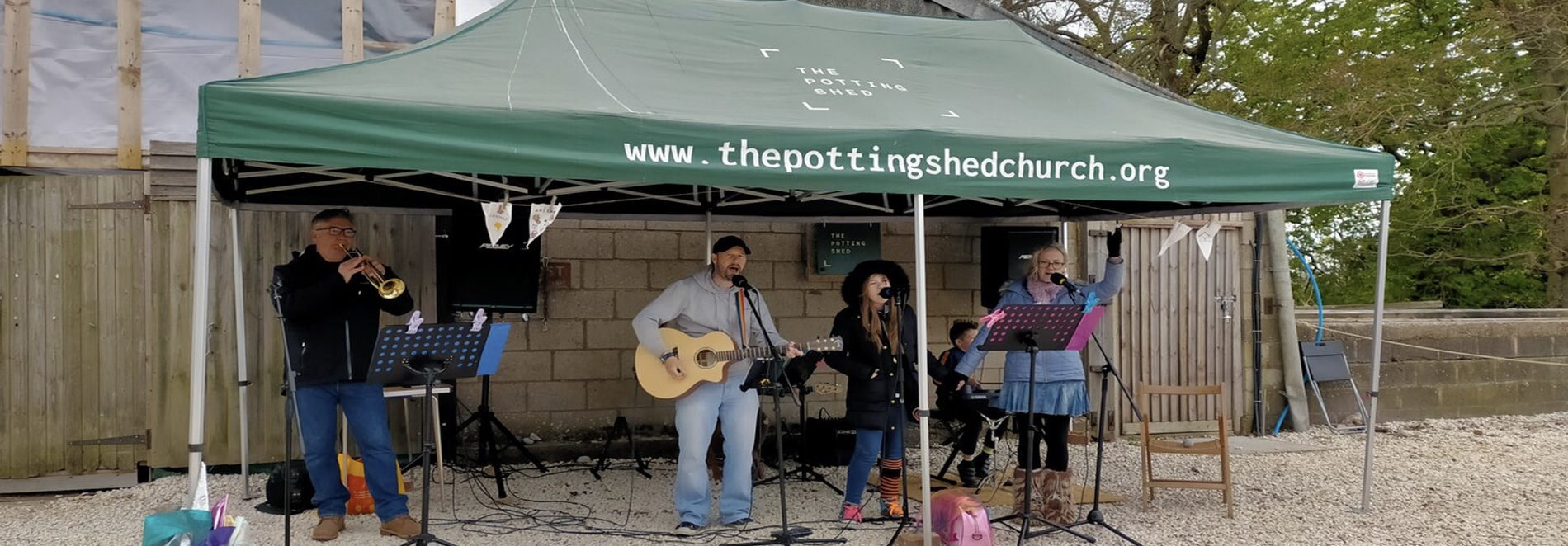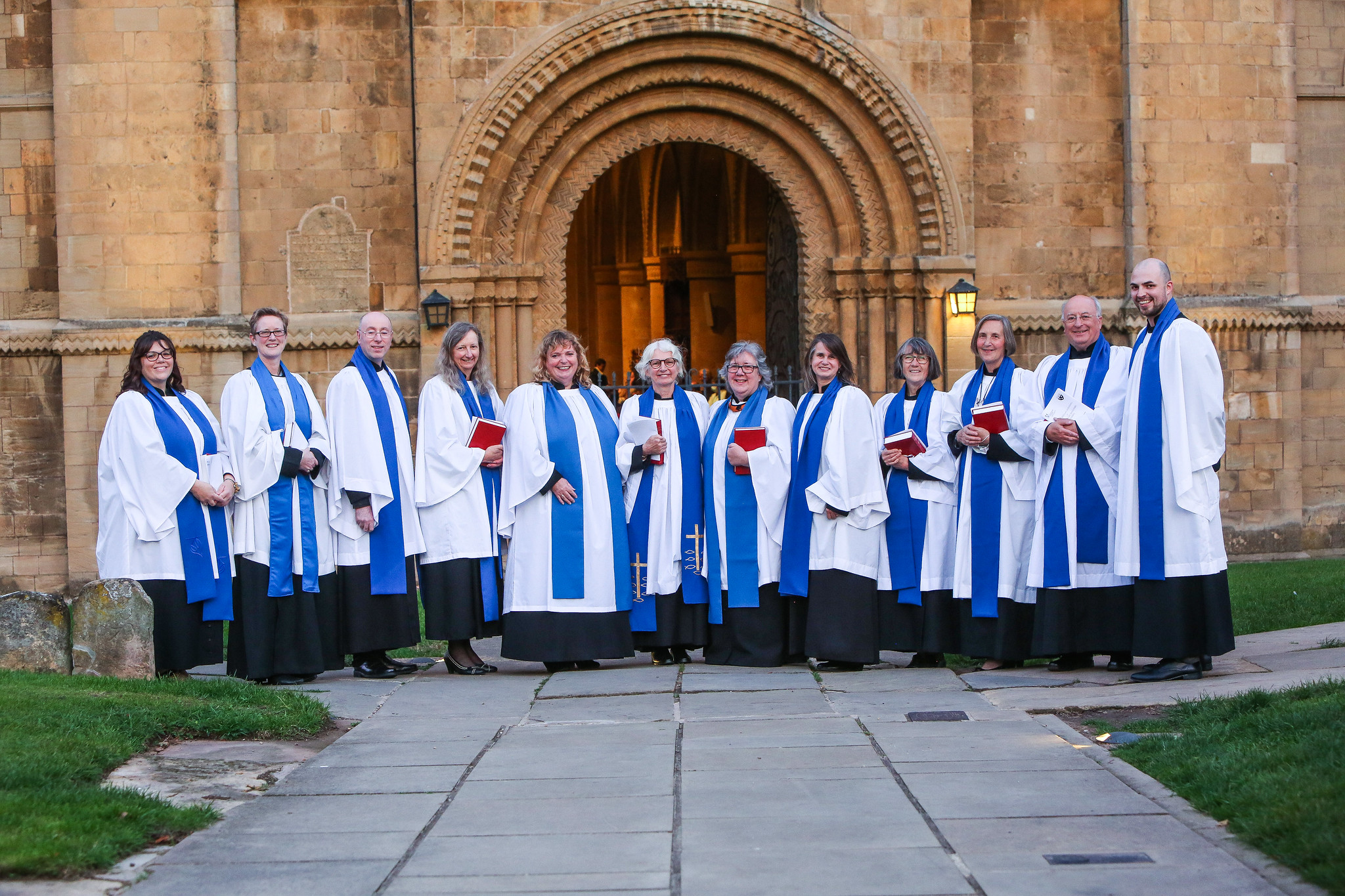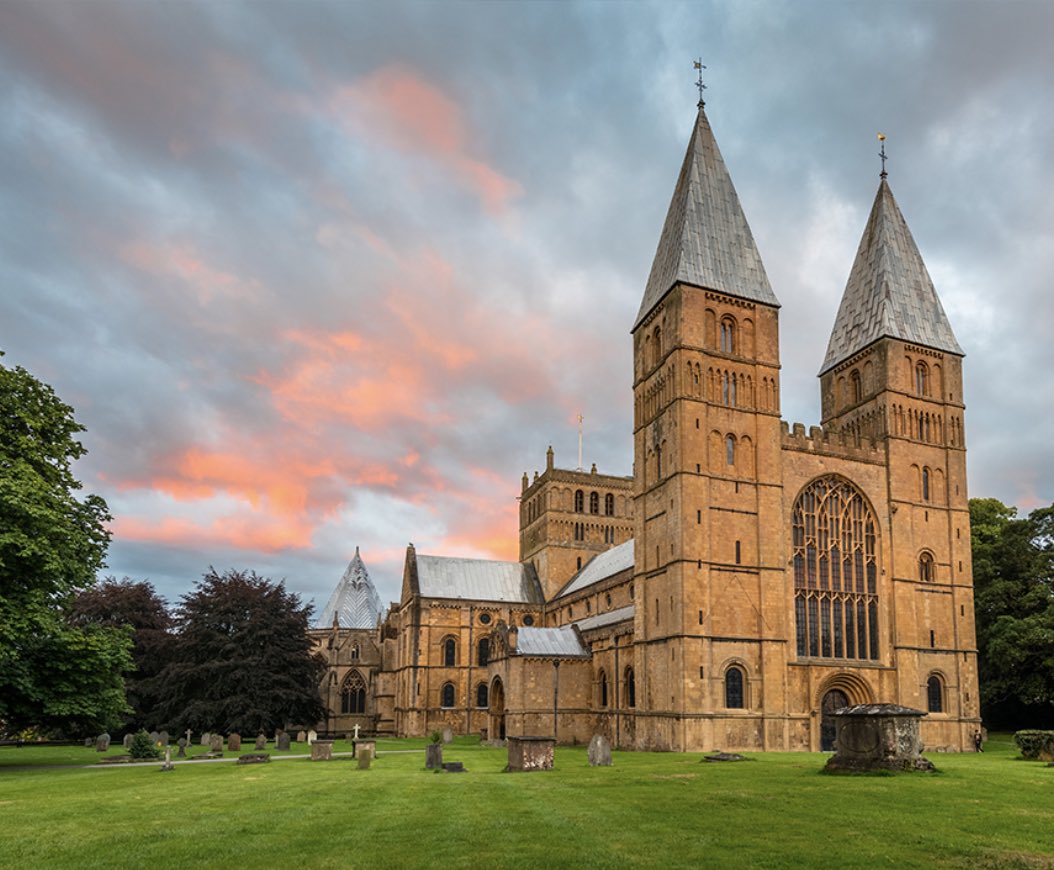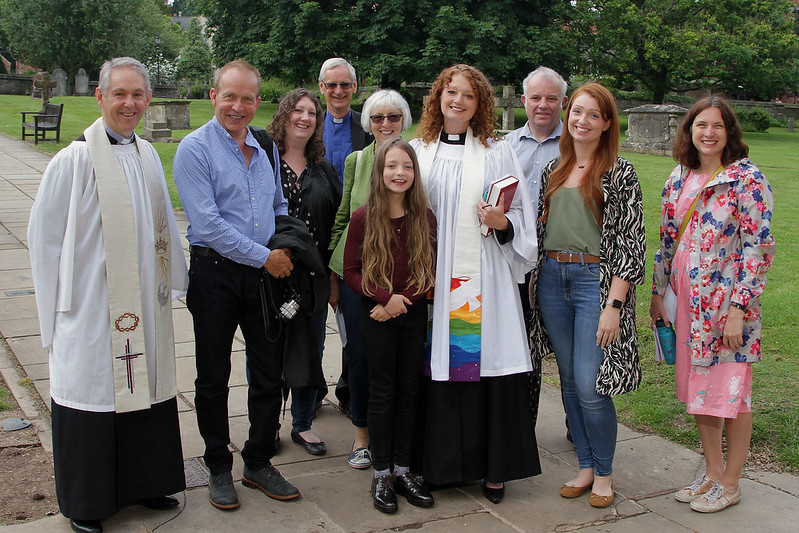In every part of the diocese, our priorities are to grow disciples WIDER in every community, connecting with YOUNGER generations, growing DEEPER roots of faith.

OUR HISTORY
The Diocese of Southwell was originally created in 1884 when Southwell Minister was made its Cathedral church however this part of the East Midlands bears witness to the rich story of God at work through local communities of faith stretching back nearly a thousand years.
Lying in a shallow basin, enclosed by hills to the west and north and open eastwards to the Trent Valley, water and wells were plentiful in this locality, with reference made by the Venerable Bede that Paulinus, Roman Christian missionary and first Bishop of York, baptised early Christian converts in the River Trent as early as the 7th century. A more formal base for mission was established in 956 when King Eadwig of Wessex granted Oskytel, Archbishop of York, lands in Nottinghamshire and what would subsequently become Southwell Minster became the mother church of the southern part of the diocese of York.
Wells of faith subsequently sprung up in other parts of the county with the founding by the Canons of St Augustine of Worksop Priory in 1103, as well as an important centre of pilgrimage established nearby at the of a shrine to Our Lady at Egmanton, following a reported apparition of the Virgin Mary to a local woman sometime prior to the 12th century. .

Locally born Walter Hilton (who is commemorated in the Church of England on 24th March), was a canon of Thurgarton Priory in the late 14th century and became one of the greatest religious teachers and writers of late mediaeval England, famous for writing ‘The Ladder of Perfection’ in the vernacular of the East Midlands.
Inspired by their faith, the Pilgrim Fathers left in 1620 from villages and towns around Nottinghamshire including Scrooby, Babworth, and Retford to discover the New World of America. In later years, our region became a hotbed of religious rebellion and change with the dawn of Quakers and Evangelical non-conformists.
In 2005 we changed our name to the Diocese of Southwell and Nottingham to better reflect the communities we now serve.
Centuries of Faith in Action
Our diocese has a long history of historical figures with spectacular stories who have inspired others to explore faith.
One such parish is St Martin’s Bilborough, which is home to murals painted by the famous artist, Evelyn Gibbs in 1946. Her murals thought to have been destroyed in the 1970s were later uncovered, and now two of the original murals have been restored, and can be seen on public display.
The Annunciation mural shows the Angel Gabriel telling Mary that she will give birth to Jesus. The scene is set in Bilborough and in the background, you can see local landmarks, including the church, connecting both Nottinghamshire and the Bible in a unique way.
OUR VISION FOR THE FUTURE
Our faith calls us to find new ways to introduce people to Jesus in diverse settings that are accessible to all. One of our newest worshipping communities is ‘The Potting Shed’. Located in the middle of the county, this new community of faith gathers for worship in a barn and also supports the mission and ministry of rural churches in the surrounding villages.






